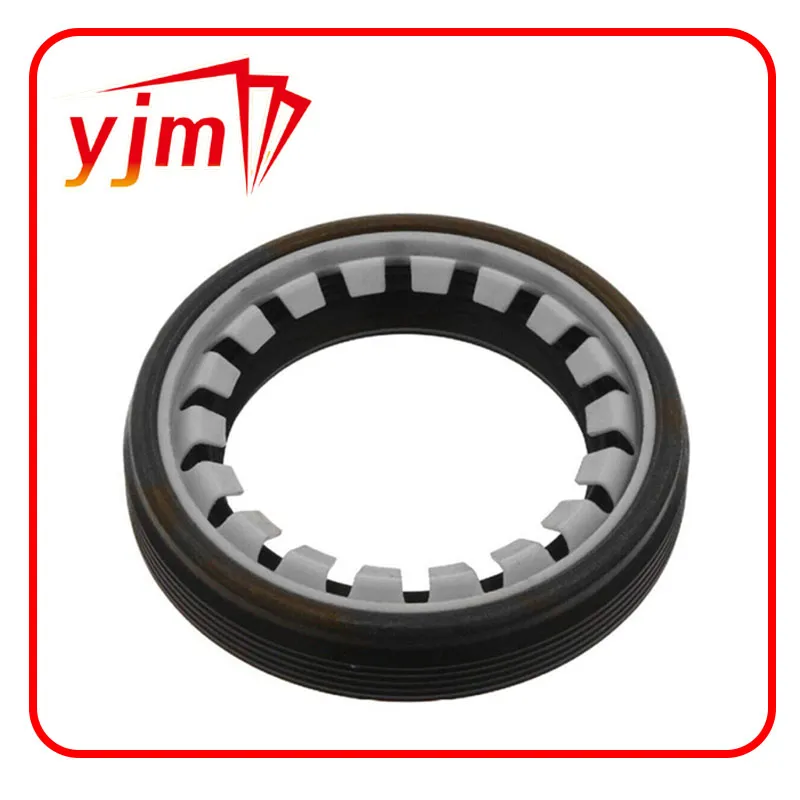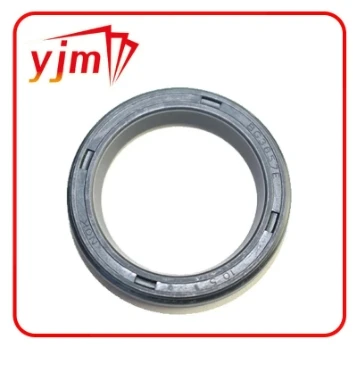Genuine YJM Oil Filter Housing Gasket 11421719855


With newer and more advanced engines being developed, the automotive industry continuously evolves. Oil filter base gasket technology is also advancing, with manufacturers producing high-performance gaskets that offer increased durability and temperature resistance. These advancements result from rigorous testing and innovation, showcasing the industry's commitment to enhancing vehicle performance and reliability. Trust in product quality is paramount. Reputable gasket brands offer products that often undergo stringent quality control processes to ensure reliability. Mechanics and consumers alike should prioritize sourcing gaskets from trustworthy suppliers. This approach minimizes the risk of gasket failure and ensures a prolonged engine life. Moreover, understanding the consequences of neglecting base gasket maintenance is essential. A compromised gasket, apart from causing oil leaks, can lead to catastrophic engine failures. Regular inspections and replacements, as recommended by vehicle maintenance schedules, help in early detection and resolution of potential problems. Lastly, combining practical experience with technical knowledge ensures that those dealing with oil filter base gaskets provide reliable service. Whether it's an individual car enthusiast performing a DIY project or a seasoned mechanic working in a professional garage setting, understanding the nuances of oil filter base gaskets can significantly impact engine health and performance. By adhering to industry best practices and leveraging technical advancements, one can ensure that this small yet critical component functions effectively, preserving the high-performance standards that modern engines demand.
-
Simplifying Oil Changes: A Comprehensive Guide to Oil Drain Plugs and Their Variants
News Aug.04,2025
-
Mastering Oil Drain Maintenance: Solutions for Stripped, Worn, and Upgraded Oil Plugs
News Aug.04,2025
-
Fixing Oil Pan Plug Issues: Leaks, Stripped Nuts, and the Right Replacement Solutions
News Aug.04,2025
-
Everything You Need to Know About Oil Drain Plugs: Sizes, Fixes, and Upgrades
News Aug.04,2025
-
Choosing the Right Oil Drain Plug: A Guide to Sizes, Materials, and Drain Innovations
News Aug.04,2025
-
A Complete Guide to Automotive Drain Plugs: Types, Problems, and Innovative Solutions
News Aug.04,2025
-
The Ultimate Guide to Car Repair Kits: Tools and Essentials Every Driver Should Own
News Aug.01,2025
Products categories















